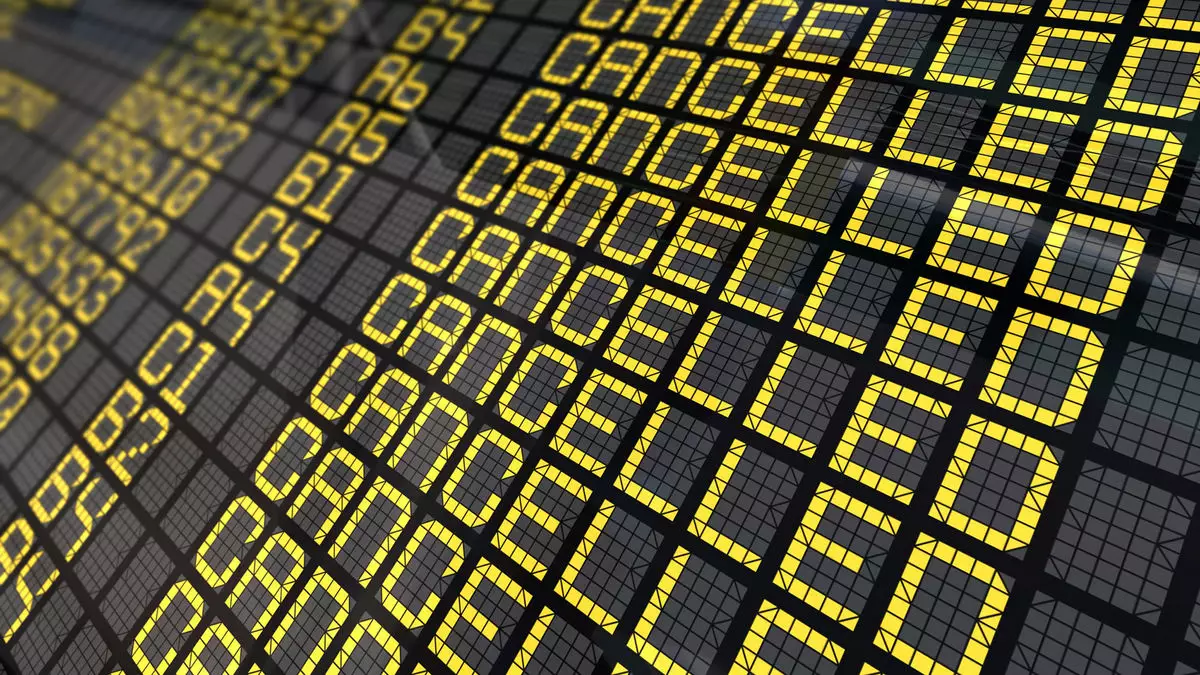As the holiday travel season draws to a close, the aftermath of Winter Storm Blair is leaving a significant mark on air travel across the eastern United States. Originating from Kentucky and moving toward Delaware and the Washington, D.C. area, this potent winter storm has unleashed severe weather conditions, leading to widespread travel disruptions. Reports indicate that on Monday alone, airline cancellations surpassed 1,600 flights, with delays exceeding 2,600 throughout the country, as travelers grapple with the fallout from this volatile weather event.
The Washington, D.C. metropolitan area has emerged as one of the hardest-hit regions, where forecasts predict the accumulation of six to twelve inches of snow. This severe winter weather has severely affected air operations at local airports, with a staggering 61% of flights at Reagan National Airport canceled. The situation is not much better at Baltimore-Washington International Airport, where 38% of flights have been affected, and Washington Dulles International Airport, facing a 25% cancellation rate. The broader Midwest is also experiencing significant operational challenges, with cities such as St. Louis, Kansas City, and Indianapolis facing extensive delays and cancellations.
Blair’s journey began on Sunday, coinciding with many holiday travelers returning from their winter getaways. The heavy snowfall initially struck cities like Kansas City and St. Louis, with snowfall accumulating to nearly a foot in some areas. On the same day, airlines were forced to cancel over 1,800 flights, resulting in over 9,000 delays—an operational nightmare, particularly in regions like Kansas City, which faced near-total airport closures. The ramifications of this storm reached as far south as Texas, with high winds and icy conditions resulting in 199 cancellations at Dallas-Fort Worth Airport.
In light of these widespread disruptions, airlines are proactively offering travel waivers to affected passengers. These waivers generally include the cancellation of fare differences for those who rebook flights impacted by the storm. For those travelers opting not to reschedule due to the storm’s turmoil, there are provisions for automatic refunds, particularly for canceled flights or delays exceeding three hours.
The turbulence created by Winter Storm Blair highlights the vulnerabilities in air travel during peak winter months. The combination of adverse weather conditions and the holiday rush underscores the critical need for contingency planning for both airlines and travelers. Understanding weather forecasts and remaining flexible with travel plans are essential strategies moving forward, particularly as climate irregularities become more pronounced. As travelers navigate this misfortune, the importance of an informed response to such natural disruptions has never been clearer.


Leave a Reply